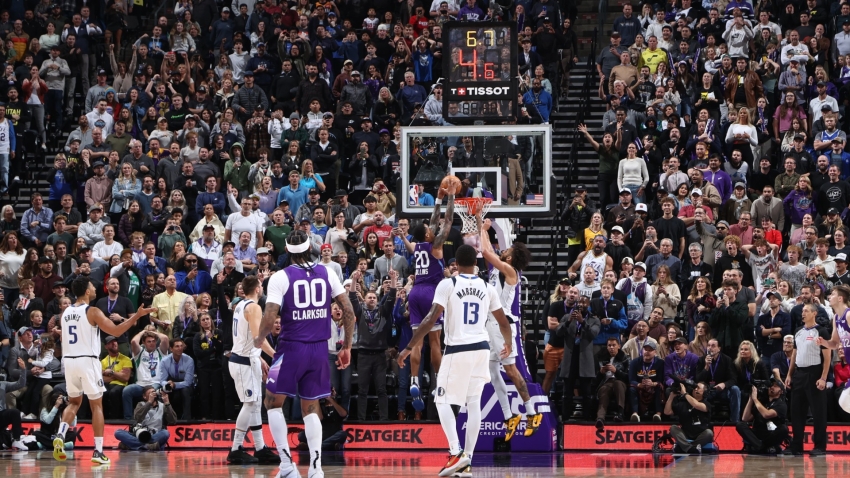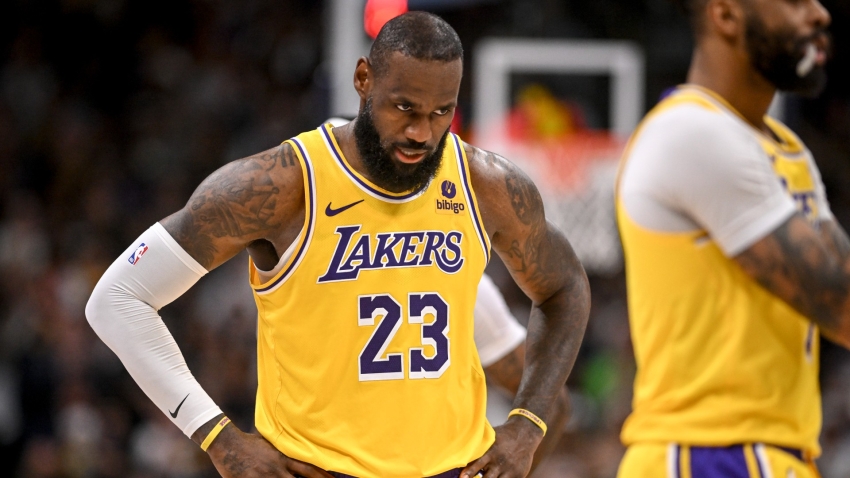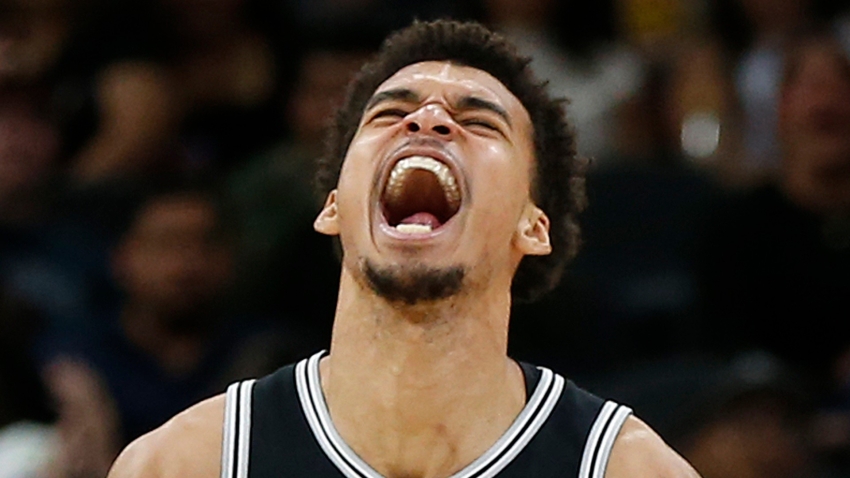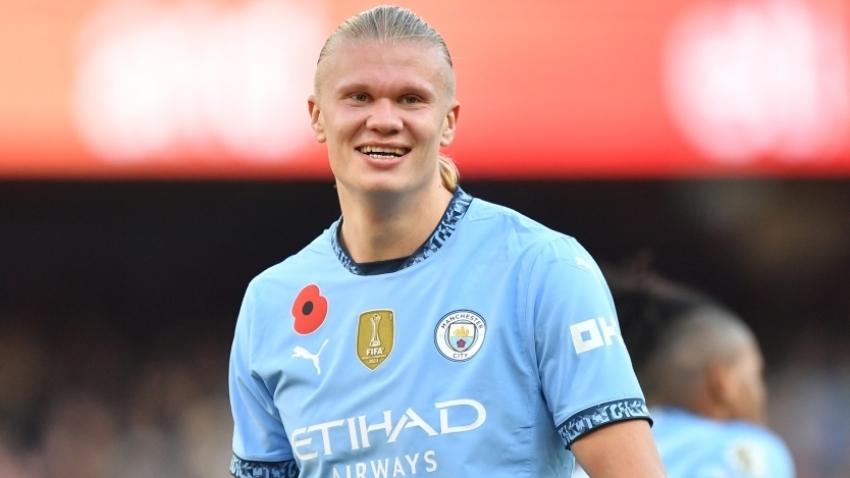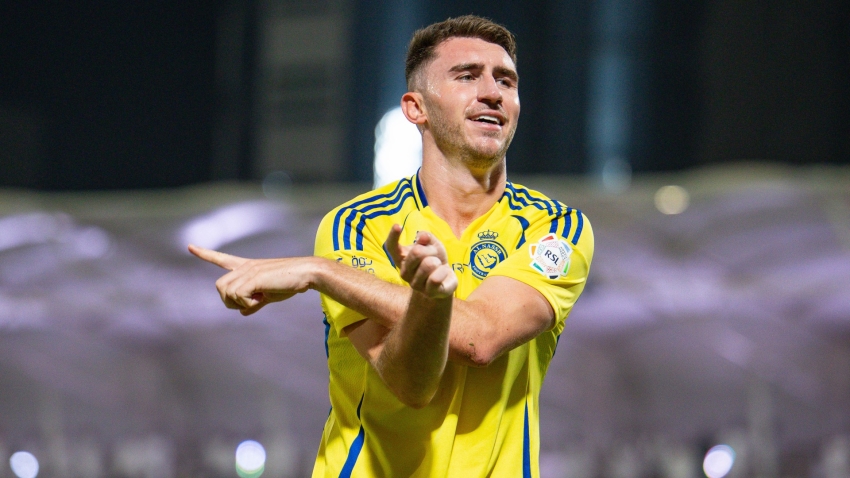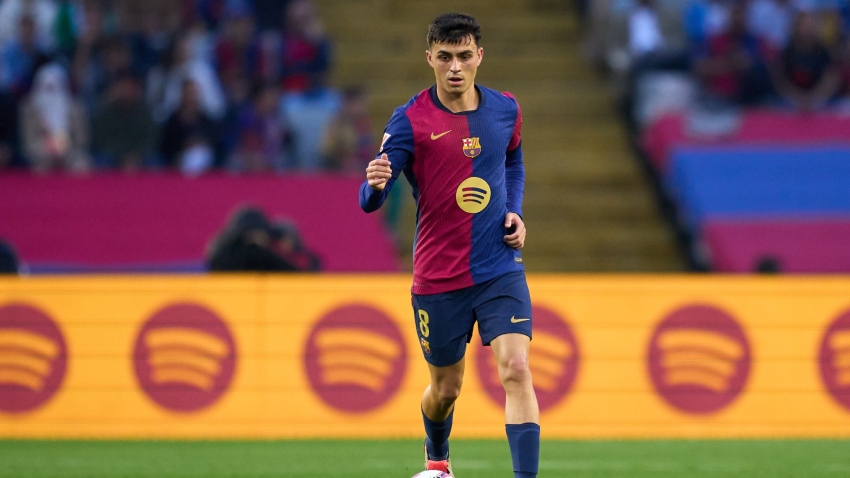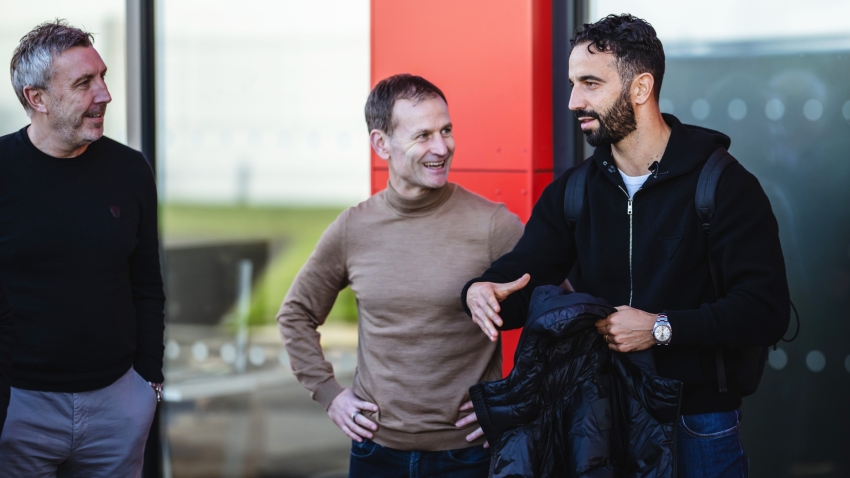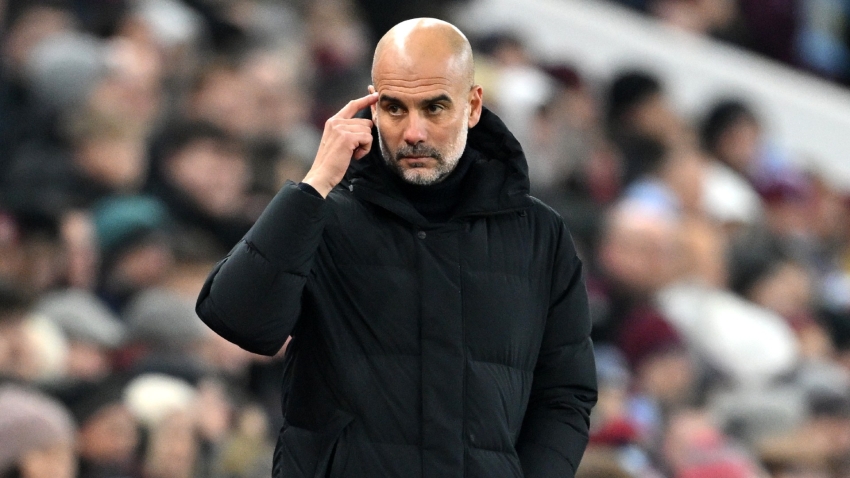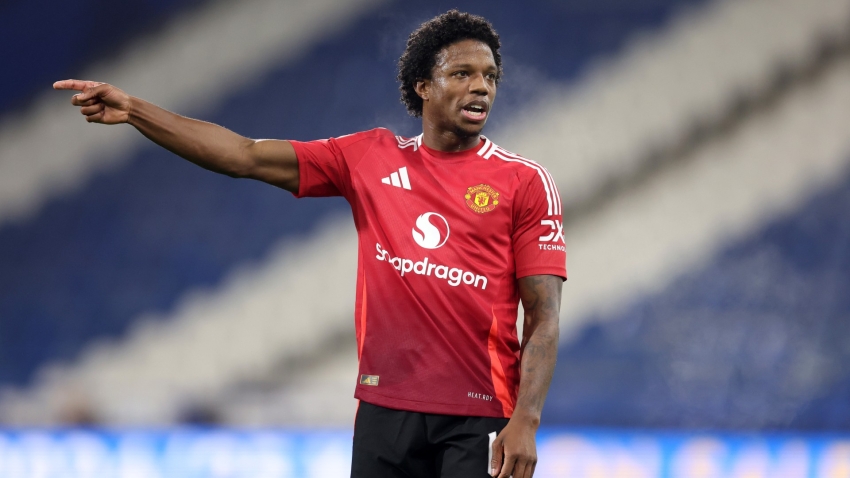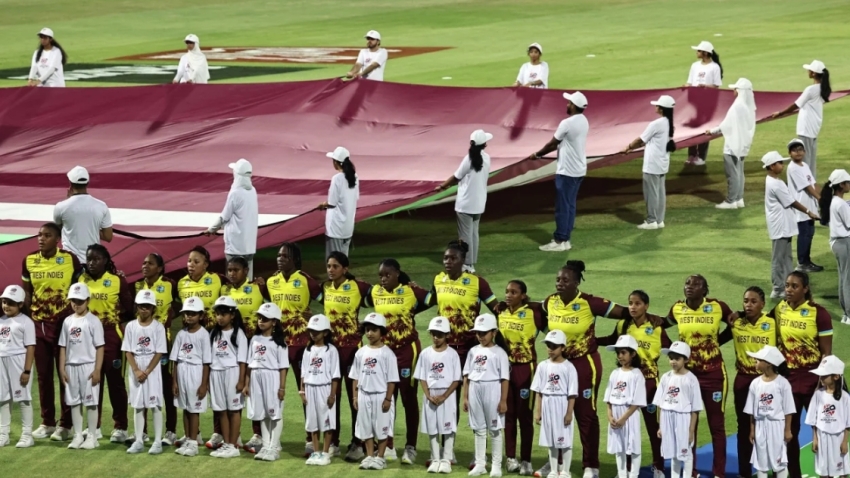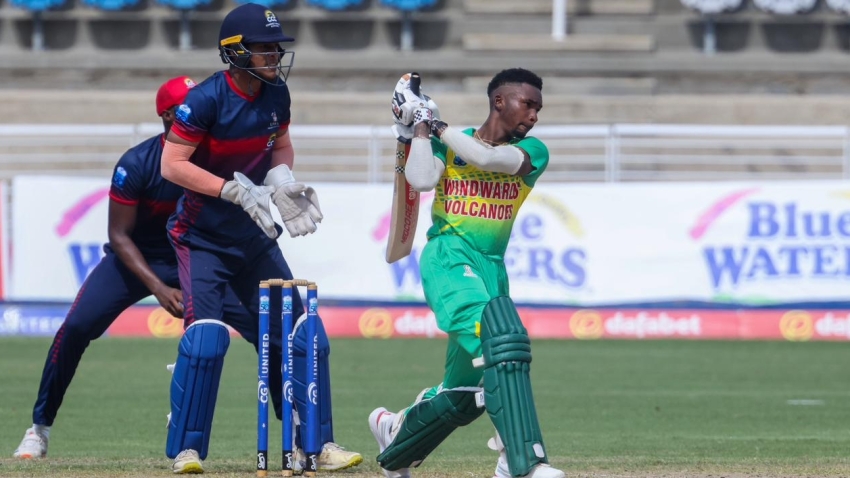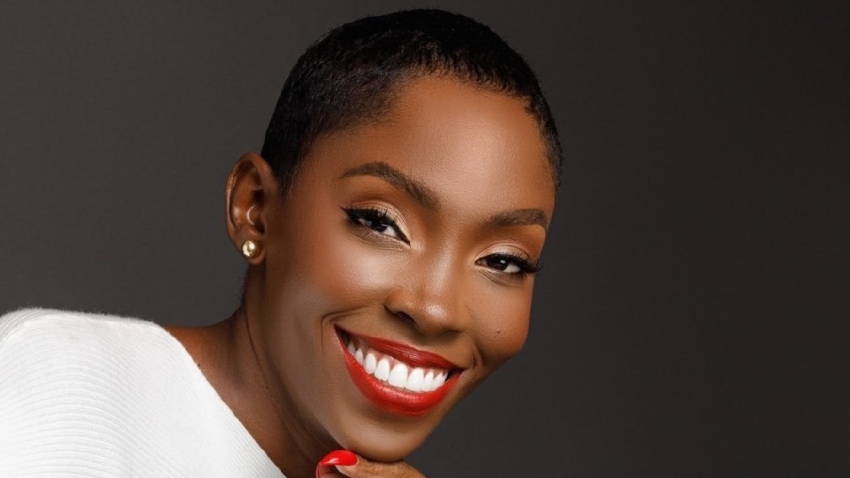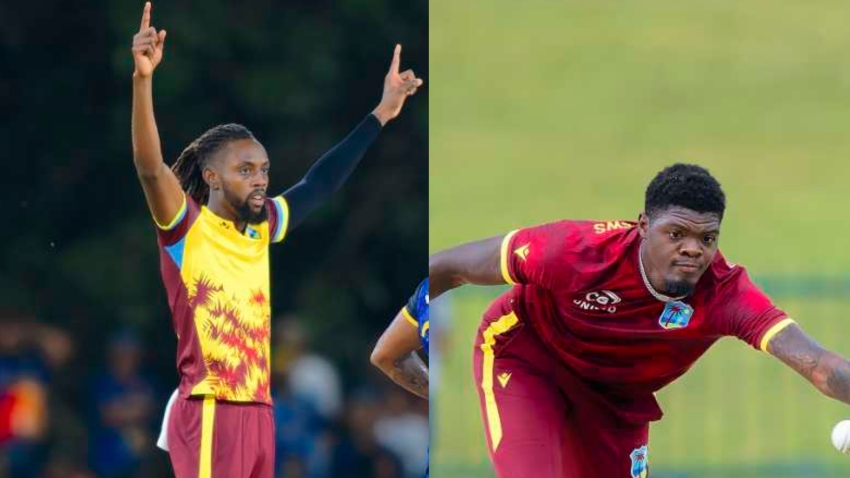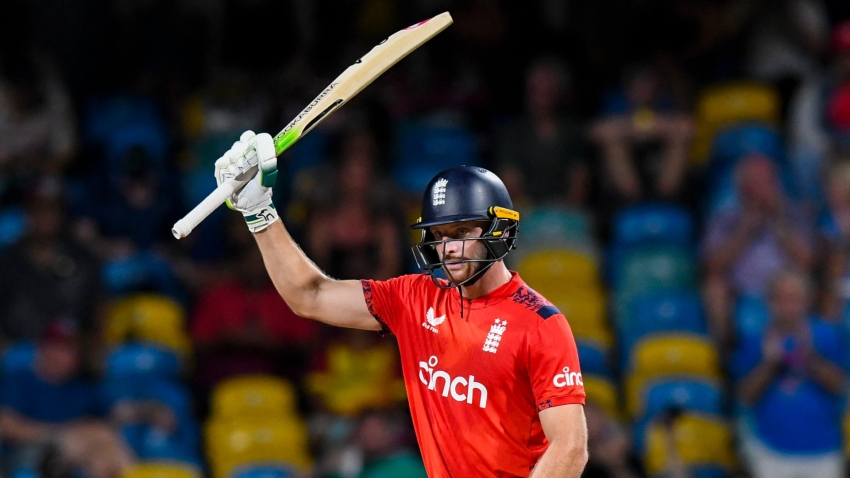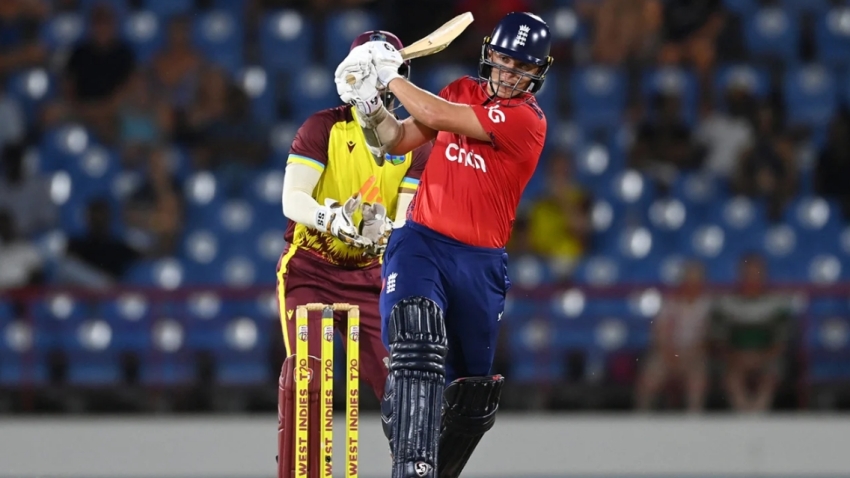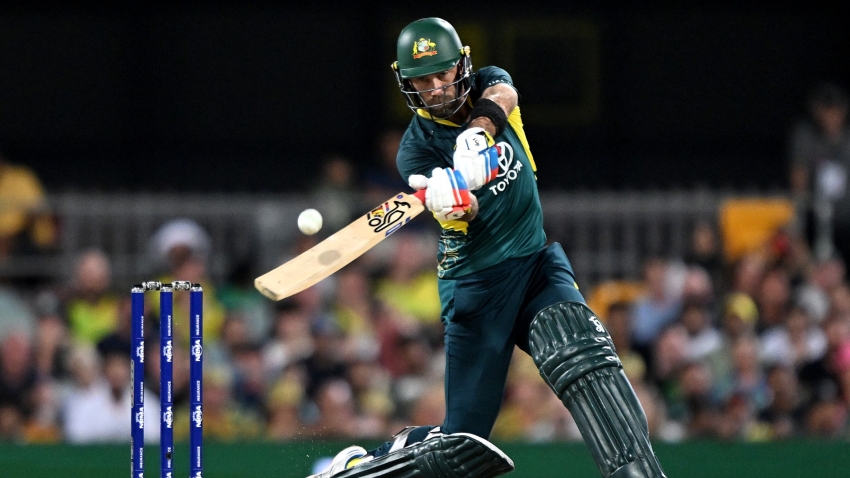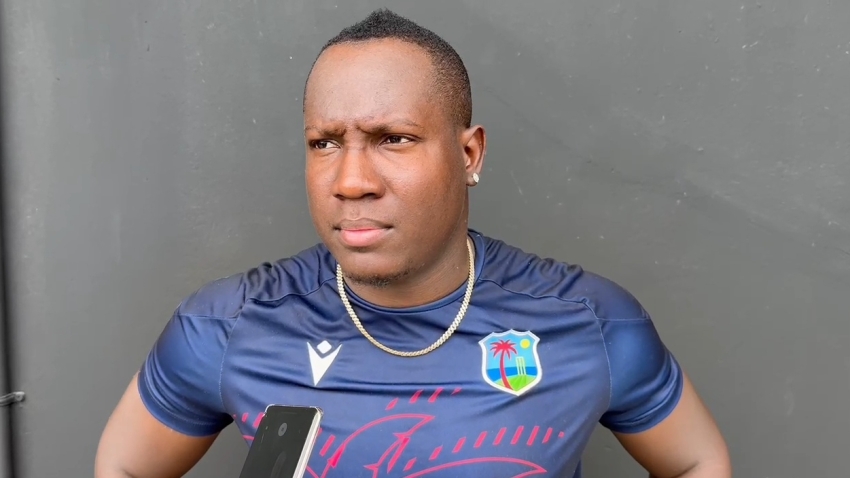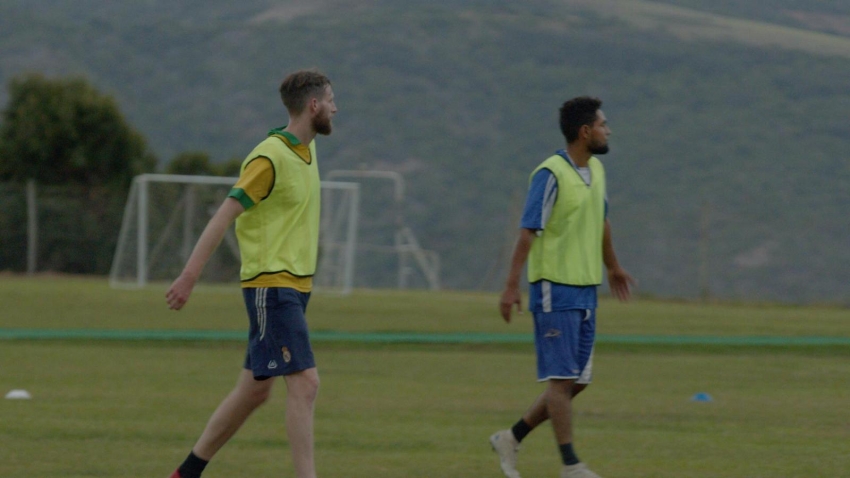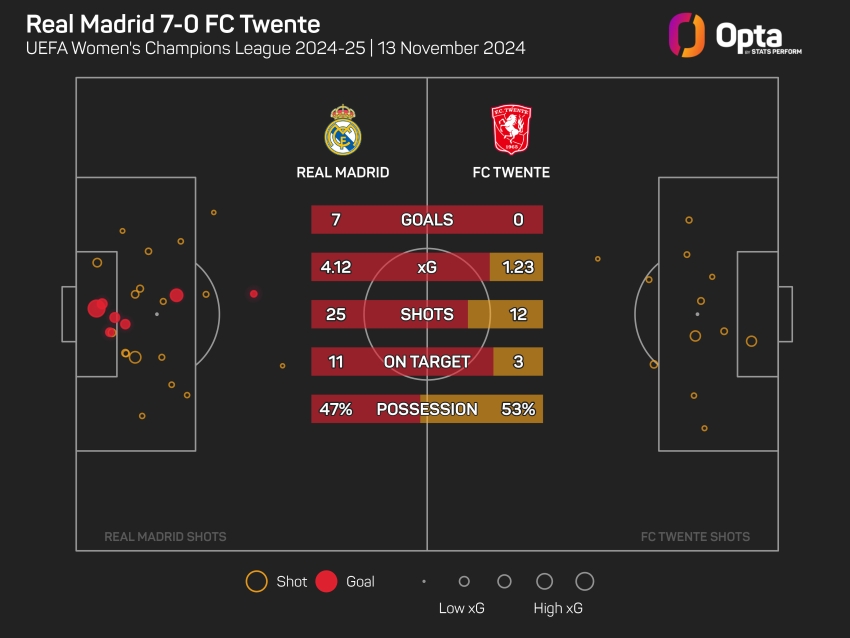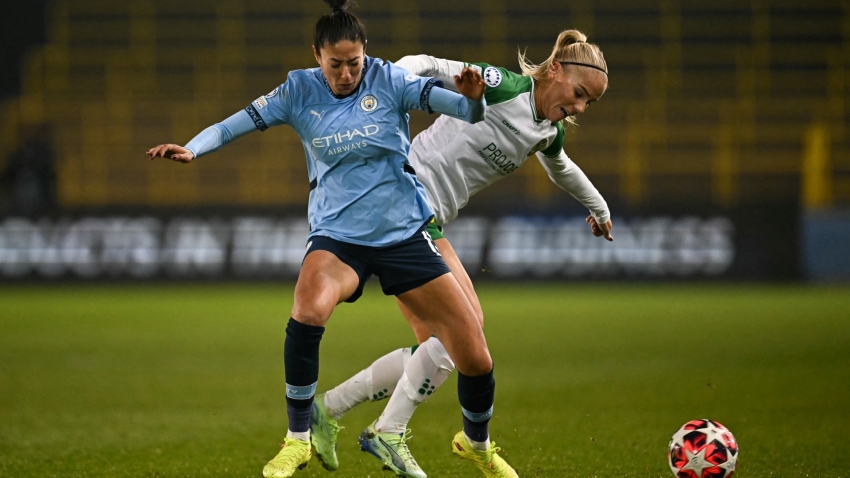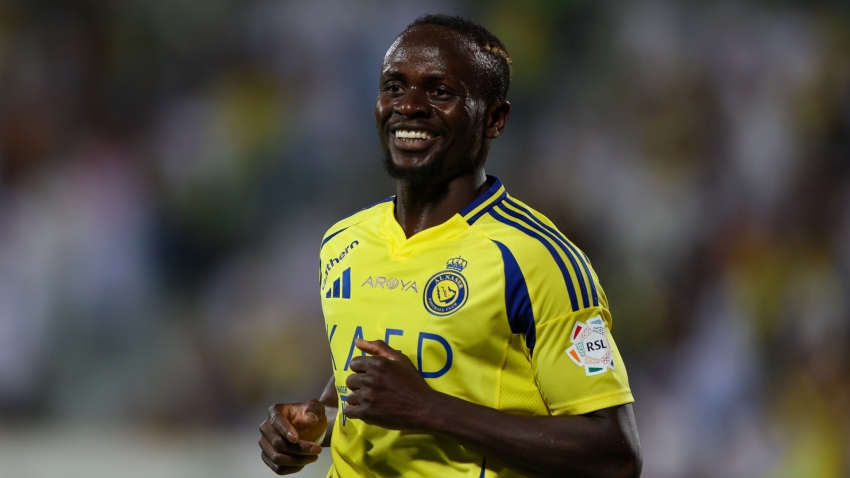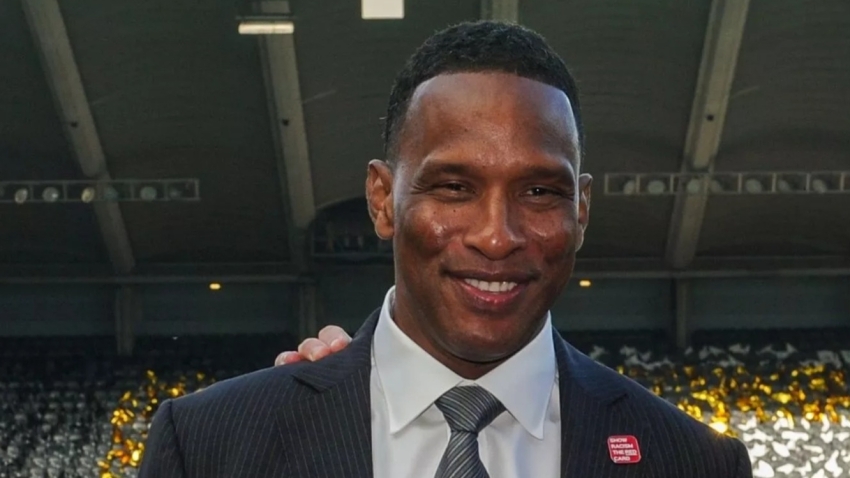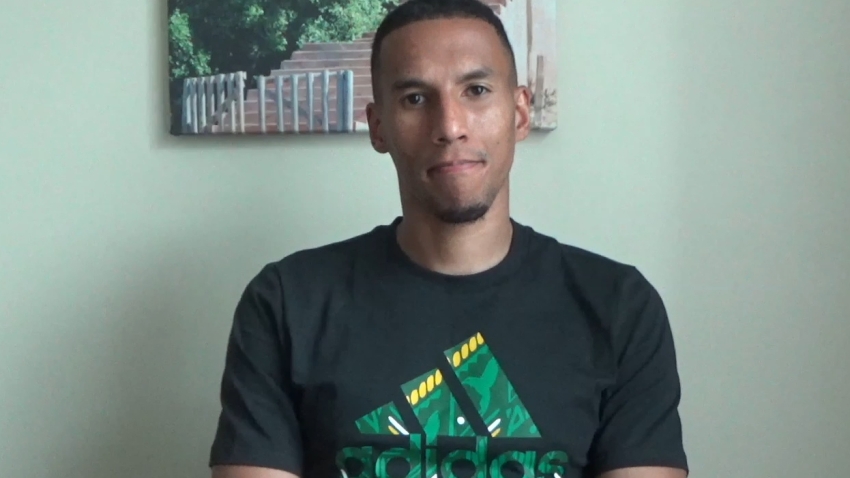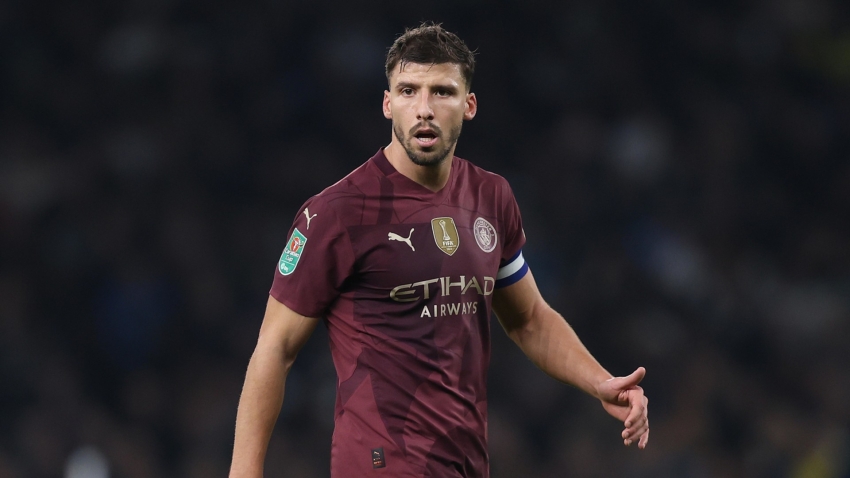The British overseas territory of St Helena will look to step out of the shadow of the Premier League that hangs over its football culture when they begin their Island Games campaign in Guernsey on Sunday.
The 4,300 inhabitants of the remote South Atlantic island, which lies 1,200 miles from its nearest mainland neighbour South Africa, are more likely to be interested in the results of Arsenal, Chelsea or Liverpool than those of their nascent ‘national team’.
But for the 17 players that have travelled just under 10,000 miles – via Johannesburg, Heathrow and Reading – across three days to fly their flag in the Channel Islands, it will be a chance to remind that there is more to football on the island than broadcasts of matches in England’s top flight.
“I’ve played on the same pitch as Anelka, Cruyff and Schmeichel,” says defender Sam Collins, who moved to the island from the UK in 2022 and is the squad’s only non-native player.
“Those are the first names of three local players. Anelka had Arsenal tattooed up his arm. It’s a strange choice because he wasn’t really a model professional for the club, was he? But people on the island are fanatics about the Premier League.”
The 35-year-old, a social worker by trade, was drawn to football life on the island after reading a report of a match where one team was left with eight players after three were called away on a sea rescue mission. They lost 30-0.
“There’s a rich football culture but not much internet or TV,” he says. “Not to romanticise it, but a lot of the culture is passed on by stories generation to generation. You’ll say of an opponent, ‘He’s a good player isn’t he’, and the response will be, ‘You should have seen his dad play, or his uncle’.”
St Helena have received no formal funding, save for a £5,000 grant awarded by the island’s local government.
The rest has been, in Collins’ words, “begged, borrowed, stolen” to ensure the side can take their place alongside 15 other islands who will compete on Guernsey. Their population is dwarfed by that of the sides they will face.
In recent years, economic pressures have hit the local football ecosystem hard. Young people are increasingly drawn towards leaving the island for better prospects in the UK or the relatively nearby Falklands. From 10 teams as recently as three years ago, the domestic league now struggles to find the players to make six.
All the more reason why sacrifices have been made to make participation in the Island Games a reality.
With a typical weekly wage on the island not much more than £150, players have weighed the financial cost of chipping in against the once in a lifetime chance to compete against footballers from ‘the big world’ as off-island life is known.
“You have to remember how isolated the island is,” says Collins. “We had two leagues, now we’ve got one. We had 10 teams, now we’ve got six. Economic opportunity is better in the UK or in the Falklands.
“I don’t know what it is about sport, but everybody wants to test themselves against somebody else.”
The side kick off their campaign against the Spanish island of Menorca on Sunday before games against Gozo and Jersey.
Competing at the games in Anglesey in 2019, St Helena lost all three matches with a goals-against tally of 17. This time, expectations are for the world’s loneliest football outpost to make a more competitive impression.
“We know we can’t play our football like we play back home,” says Mikee Williams, Collins’ central defensive partner who moved to the island from nearby Ascension in 1998.
“We’re going to have to play like (Premier League winners) Leicester in 2016.
“We saw a very different style to what we were used to in 2019. Players were calm on the ball, playing out from the back, making the right decisions and talking to each other. A lot of our players play with their heads down, there’s not much communication.”
Part of that is borne out of necessity. There is a single pitch of St Helena, high on the hill at Francis Plain. In the past, one goal was invisible from the other owing to an unfortunate slope. The problem was corrected in the 1980s, but infrastructure remains basic and unsafe.
“The pitch is full of rabbit holes,” says Collins. “We get quite serious injuries, dislocated knees or hips, broken ankles. Some people won’t play for that reason. If you’re livelihood depends on it, it’s not worth the risk.
“It’s hard to play on because it’s impossible to anticipate the run of the ball. You can’t open your body and think about your next pass because you’ve got your eye on the ball, waiting for it bounce or bobble.”
Williams adds: “If we had some kind of association with FIFA or some other body, giving us just a little bit of funding, it would make a huge difference. The first thing we would have to look at is infrastructure on the island, to try and limit some of the serious injuries we’ve had.
“Our cricket team get ICC (International Cricket Council) funding. We don’t get anything like that. Our previous chairman tried to have conversation with FIFA, but had no luck. It’s hard for us to raise the kind of money we need for things like competition overseas and infrastructure.”


